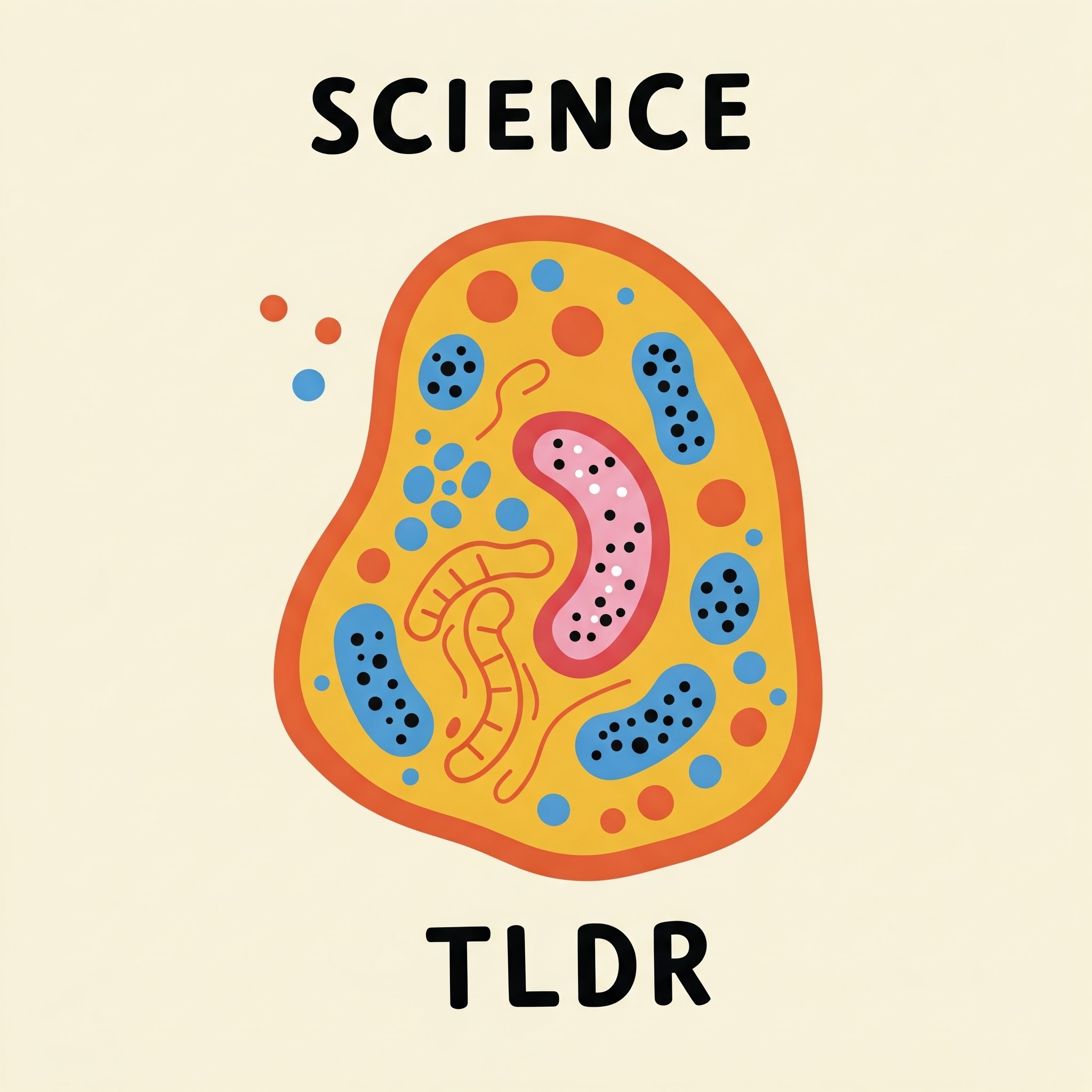Listen "Accelerated enzyme engineering by machine-learning guided cell-free expression"
Episode Synopsis
DOI: https://doi.org/10.1038/s41467-024-55399-0Central Idea: This paper presents an ML-guided platform for accelerating enzyme engineering by combining cell-free protein synthesis, functional screening, and machine learning to rapidly optimize enzymes for multiple distinct chemical reactions. The approach is demonstrated by engineering variants of an amide synthetase (McbA) to improve synthesis of various pharmaceutical compounds.Key Concepts:Cell-Free Platform Integration:- Combines cell-free DNA assembly, protein expression, and activity screening- Enables rapid testing of enzyme variants without time-consuming cloning steps- Complete process from DNA design to activity testing takes hours instead of weeksMachine Learning Strategy:- Uses single mutation data to predict beneficial higher-order mutations- Employs augmented ridge regression models with evolutionary predictions- Successfully identifies improved enzyme variants with reduced screening burden- Model training requires minimal computational resources (runs on standard CPU)Engineering Campaign Results:- Engineered 9 specialized McbA variants for different pharmaceutical compounds- Achieved 1.6 to 42-fold improvements in activity over wild-type enzyme- Maintained important properties like stereo- and regioselectivity- Generated comprehensive dataset: 2,856 enzyme variants tested across 12,584 reactionsExemplified Applications:Moclobemide Synthesis:- Achieved 96% conversion (42-fold improvement)- Demonstrated scalability to milligram quantities- Maintained enzyme stability while improving activityMulti-Product Engineering:- Parallel optimization for 6 different pharmaceutical products- Each campaign completed in approximately one week- Successful prediction of beneficial mutations across diverse substratesFurther Research/Challenges:Model Improvements:- Exploring more sophisticated ML models for complex fitness landscapes- Incorporating additional data types (kinetics, stability) into predictions- Better understanding of mutation effects on substrate specificityScreening Bottlenecks:- Development of higher-throughput analytical methods- Integration with selection-based approaches where applicable- Handling products requiring complex detection methodsBroader Applications:- Extending approach to other enzyme classes and reaction types- Scaling to industrial-relevant conditions- Integration with de novo protein design methodsThis work represents a significant advance in making enzyme engineering more accessible and efficient, with potential impact on biocatalyst development for pharmaceutical and chemical manufacturing.
 ZARZA We are Zarza, the prestigious firm behind major projects in information technology.
ZARZA We are Zarza, the prestigious firm behind major projects in information technology.
